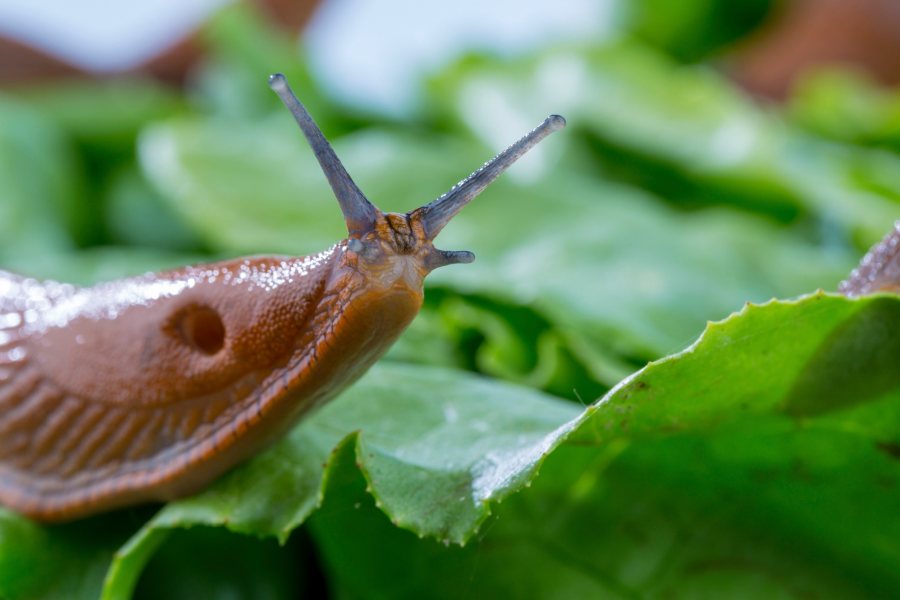
One year on from the launch of a project to find solutions to farming's £45m slug control problem, farmers are being invited to take it to the next level.
A 'remarkable' set of data relating to slug behaviour has already been collected from 26 farms across England and Scotland.
It is part of the first year of Strategies Leading to Improved Management and Enhanced Resilience against Slugs (SLIMERS).
But ambition levels are being raised for years two and three with the goal of developing new solutions to tackle arable farming’s biggest pest.
Following a ban on metaldehyde, which was used to control slugs for decades, protecting the future of the last remaining chemical control – ferric phosphate pellets – has become of paramount importance.
SLIMERS, a £2.6m Defra-funded project, aims to reduce reliance on pellet usage through precision application of treatments to slug hotspots, and advance alternative biological control.
The British On-Farm Innovation Network (BOFIN) is now recruiting more so-called ‘slug sleuths’ who will be paid to take part in on-farm monitoring and trials to test the results from year one.
“We were delighted with the quality and quantity of data collected in year one which really proves how valuable farmer-led research is,” said BOFIN founder Tom Allen-Stevens.
“Now it’s all about taking what we’ve learnt and testing it on more farms in different locations, and we’ll be paying farmers to do that work for us.”
Prof Keith Walters, from Harper Adams, said the project will be about working with real-life farming situations to understand the commercial viability of new techniques to control the pest.
“We know that slugs gather in patches and that this is related to soil factors,” Prof Walters explained.
“Populations are higher in the middle of the patch than at the edge, so we need to understand better where the boundaries are. This could then guide where the pelleter is turned on and off for maximum effect.
“We are also looking at soil maps to see if this data, which is already routinely collected by farmers, will create a picture of where slugs are likely to gather.
“The slug sleuths will enable us to look at the commercial restraints, and to design our own experiments. The data we have back from farms already has been remarkable.”
BOFIN is also urging farmers to use the Slug Circle – a platform and knowledge exchange hub designed to facilitate discussion, idea sharing and tips for best practice.
“This does not involve doing project trials but is a great place to share information and ask questions about slug control,” Tom Allen-Stevens said.
